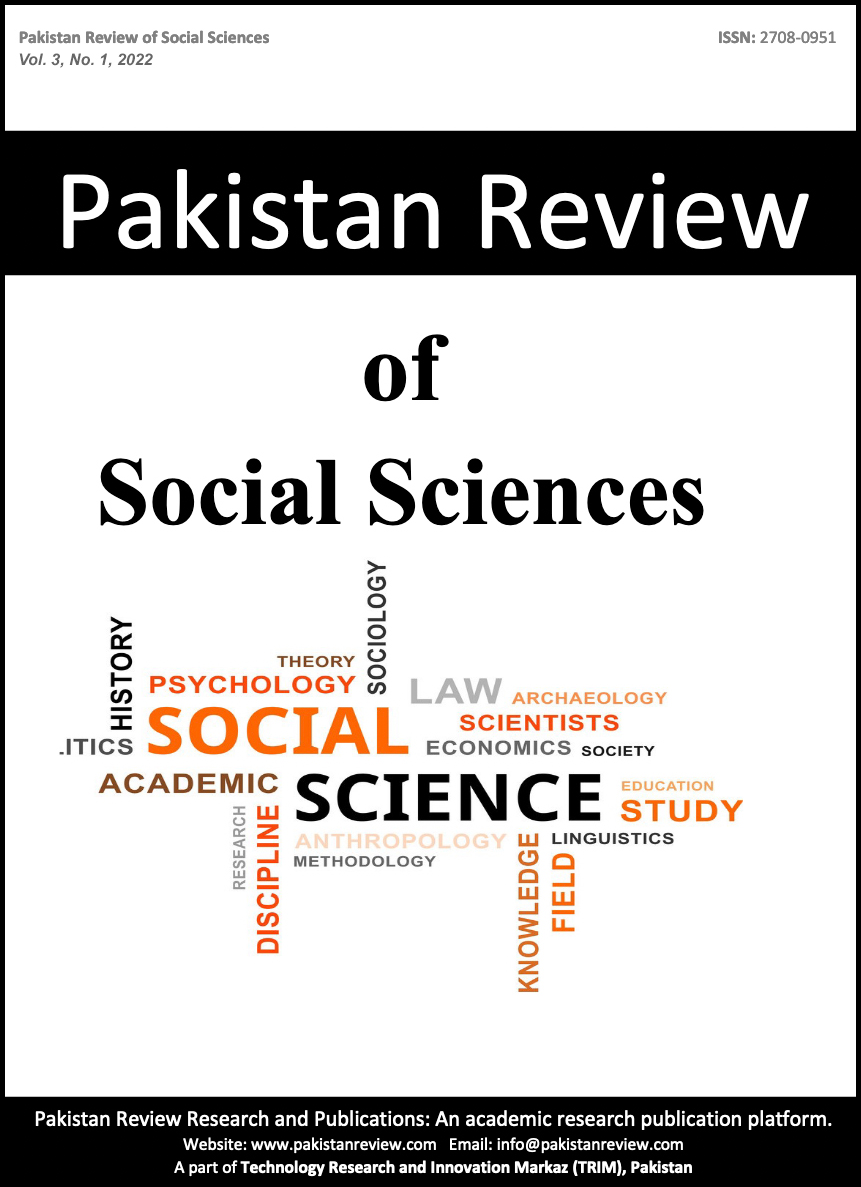Interviews as Stylistic and Rhetorical Techniques in Dostoyevsky’s Crime and Punishment
Abstract
The selected interviews are a stylistic and rhetorical technique used in Crime and Punishment by Fyodor Dostoevsky to analyze the themes of redemption, quilt, and rehabilitation. Dostoevsky’s characters, through interviews, share their feelings and thoughts about their past life experiences and question the consequences of their deeds. The protagonist is encouraged to admit his wrongdoings using various rhetorical and stylistic techniques in the chosen interviews. For instance, the selected interview between Sonya and Raskolnikov, the protagonist, can be observed as a stylistic and rhetorical technique in the selected text. Dostoevsky uses interviews as a narrative to help his characters, especially the criminals, feel secure confessing and moving beyond their bad decisions. In this regard, the insight has been borrowed from Roman Jakobson’s theory as his work contributes a lot in terms of evolutions of stylistics. Therefore, this study attempts to dissect the connection between the message and its syntax. Semantics clarifies that the reader may understand the author's intended and connotative meanings. The research enlightens the reader on the value of language by showing how it may inspire even criminals to make typical confessions of guilt.
Downloads
Published
Issue
Section
License
Copyright (c) 2023 Kamran Farooqi

This work is licensed under a Creative Commons Attribution 4.0 International License.
Submission declaration
Authors retain the copyright to their work and grant the Pakistan Review of Social Sciences (PRSS) the right of first publication under a Creative Commons Attribution 4.0 International (CC BY 4.0) license. This license allows others to share, adapt, and reuse the work for any purpose, including commercial use, as long as appropriate credit is given to the original authors and the journal.
By submitting a manuscript, authors confirm that the work has not been published previously (except as an abstract, lecture, or academic thesis), is not under review elsewhere, and has been approved by all authors and relevant authorities. Once accepted, the article will be openly accessible under the CC BY 4.0 license, ensuring wide dissemination and reuse with proper attribution.






